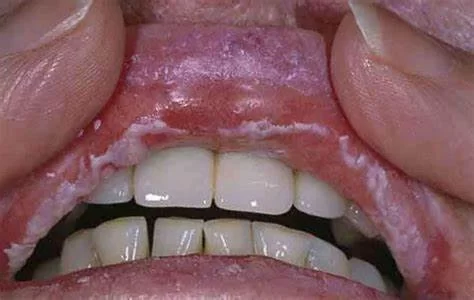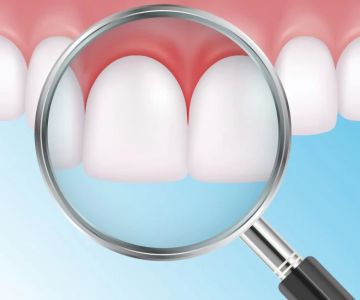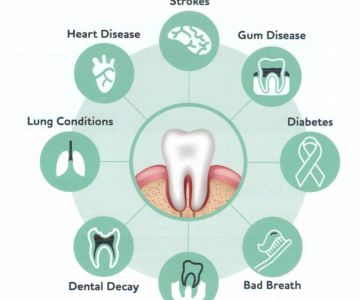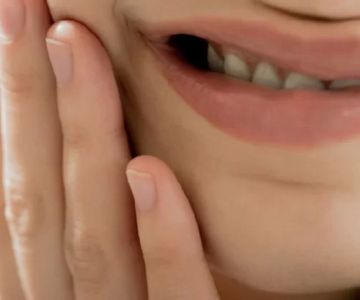
Understanding Diflucan and Its Role in Treating Oral Thrush
Diflucan, known generically as fluconazole, is a widely prescribed antifungal medication especially effective in curing oral thrush and several other fungal infections. Oral thrush is a common yeast infection caused by the overgrowth of Candida species in the mouth. It often appears as white patches on the tongue, inner cheeks, gums, or roof of the mouth, accompanied by soreness and discomfort.
How Diflucan Works Against Oral Thrush
Fluconazole, the active ingredient in Diflucan, belongs to a class of antifungal agents called azoles. It works by inhibiting the enzyme responsible for synthesizing ergosterol, a key component of fungal cell membranes. Without ergosterol, the fungal cell membrane weakens, leading to cell death and clearance of infection. Unlike topical treatments, Diflucan is taken orally and acts systemically, making it highly effective for moderate to severe oral thrush infections.
Common Symptoms of Oral Thrush That Diflucan Treats
People with oral thrush may experience symptoms such as:
- White, creamy lesions on the tongue and inside the mouth
- Redness or soreness causing pain or difficulty swallowing
- Cracking and redness at the corners of the mouth
- Loss of taste or unpleasant taste in the mouth
Diflucan helps alleviate these symptoms by eliminating the fungal infection, promoting healing of the affected tissues, and preventing recurrence when used as prescribed.
Other Diseases and Conditions Diflucan Is Used To Treat
1. Candidiasis Beyond the Mouth
While oral thrush is one of the most common uses of Diflucan, it is also effective against other forms of candidiasis. This includes vaginal yeast infections, esophageal candidiasis (infection of the esophagus), and systemic candidiasis where the infection spreads to other parts of the body such as the blood or organs. In the United States, Diflucan is often prescribed for patients with weakened immune systems, such as those undergoing chemotherapy or living with HIV/AIDS, to prevent and treat these invasive fungal infections.
2. Fungal Meningitis and Other Serious Infections
Diflucan has the ability to cross the blood-brain barrier, making it useful in treating fungal meningitis, an infection of the membranes surrounding the brain and spinal cord. Though rarer, this life-threatening condition requires antifungal agents like Diflucan for effective management.
3. Other Fungal Skin Infections
Skin infections caused by fungi, such as athlete’s foot and ringworm, can sometimes require oral antifungal treatment, especially when topical treatments fail or infections are widespread. Diflucan may be used in such cases under medical guidance.
Proper Usage and Dosage of Diflucan for Oral Thrush
When prescribed for oral thrush, Diflucan dosage typically ranges from 100 mg to 200 mg taken once daily for 7 to 14 days, depending on the severity of the infection. Patients are advised to complete the full course of treatment to prevent recurrence, even if symptoms improve quickly.
Important Considerations and Potential Side Effects
Although Diflucan is generally well-tolerated, some users may experience side effects such as headache, nausea, abdominal pain, or diarrhea. Serious allergic reactions are rare but require immediate medical attention. Additionally, because Diflucan can interact with many other medications, patients should always inform their healthcare provider about all the drugs and supplements they are taking.
A Real-Life Story: Overcoming Persistent Oral Thrush
Jessica, a 34-year-old teacher from California, struggled with oral thrush for several weeks. Initial treatment with topical antifungal rinses offered little relief. Her doctor prescribed Diflucan, and after a 10-day course, her symptoms dramatically improved. She shared, “Diflucan was a game-changer. I could finally enjoy meals without pain, and my confidence returned.” Stories like Jessica’s highlight Diflucan’s effectiveness when other treatments fail.
Why Diflucan Is a Preferred Choice in the US for Treating Oral Thrush
In the US healthcare landscape, Diflucan is favored due to its proven efficacy, convenient oral dosing, and ability to treat various fungal infections. It is also widely available through pharmacies and covered by many insurance plans. Medical professionals often recommend it for patients at risk of severe fungal infections due to underlying health conditions.
When to See a Doctor
If symptoms of oral thrush persist beyond two weeks, worsen, or if the infection spreads, it is crucial to seek medical advice. Diflucan requires a prescription, and proper diagnosis ensures the right dosage and monitoring for potential side effects.
Preventing Oral Thrush Recurrence
Maintaining good oral hygiene, controlling blood sugar levels in diabetics, quitting smoking, and managing other risk factors can reduce the chances of oral thrush returning. For patients with frequent recurrences, doctors may recommend maintenance therapy with Diflucan or alternative antifungal medications.






 Westgate Dental Arts3.0 (2 review)
Westgate Dental Arts3.0 (2 review) Coventry Family Dental4.0 (247 review)
Coventry Family Dental4.0 (247 review) Familia Dental3.0 (1028 review)
Familia Dental3.0 (1028 review) Dr. Daniel S. Fife, DDS4.0 (31 review)
Dr. Daniel S. Fife, DDS4.0 (31 review) Dentistry At Suburban Square: Michael I. Wollock, DMD4.0 (1228 review)
Dentistry At Suburban Square: Michael I. Wollock, DMD4.0 (1228 review) Comfort Care Dental4.0 (1156 review)
Comfort Care Dental4.0 (1156 review) The Importance of Oral Health Education During Pregnancy for a Healthy Pregnancy
The Importance of Oral Health Education During Pregnancy for a Healthy Pregnancy Best Tips for Brushing Your Teeth Properly for Healthy Gums: Essential Techniques for Oral Health
Best Tips for Brushing Your Teeth Properly for Healthy Gums: Essential Techniques for Oral Health Why Skipping Dental Checkups Can Lead to Bigger Oral Health Problems
Why Skipping Dental Checkups Can Lead to Bigger Oral Health Problems Advantages of Porcelain Dental Restorations
Advantages of Porcelain Dental Restorations How Can Diabetes Cause Tooth and Gum Problems? Preventing and Managing Oral Health Issues
How Can Diabetes Cause Tooth and Gum Problems? Preventing and Managing Oral Health Issues Healthy Habits for Promoting Good Oral Health and Hygiene: Tips for a Healthy Smile
Healthy Habits for Promoting Good Oral Health and Hygiene: Tips for a Healthy Smile